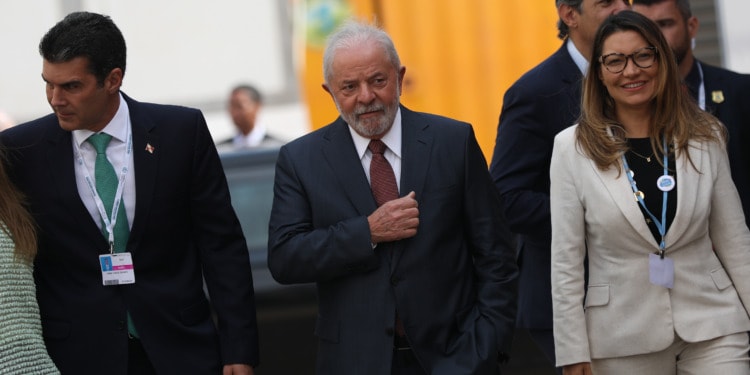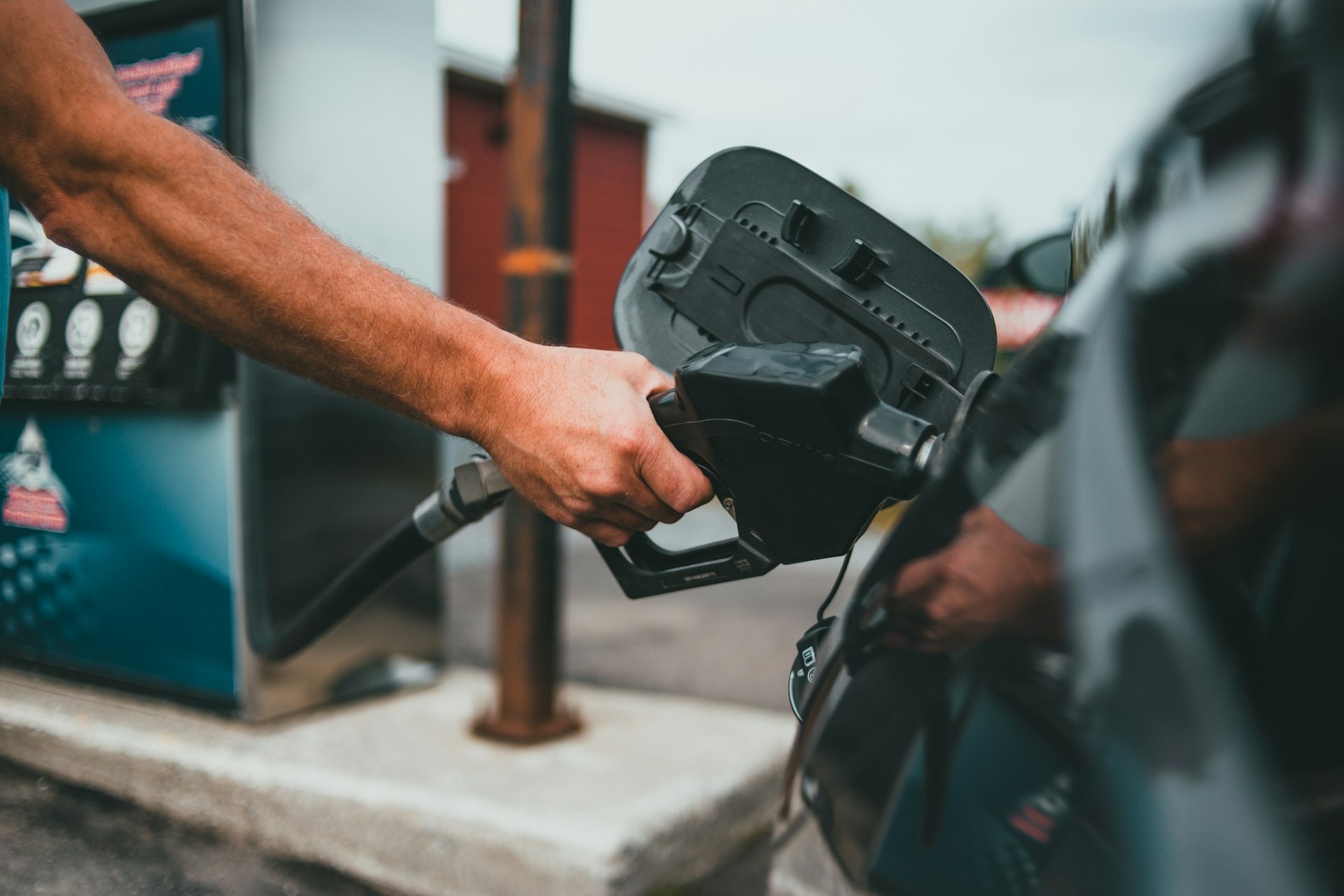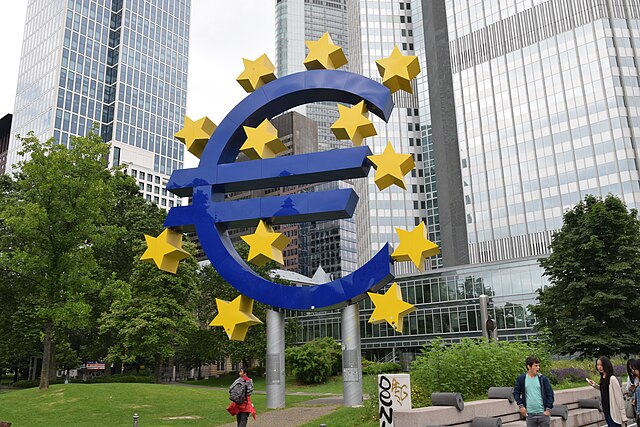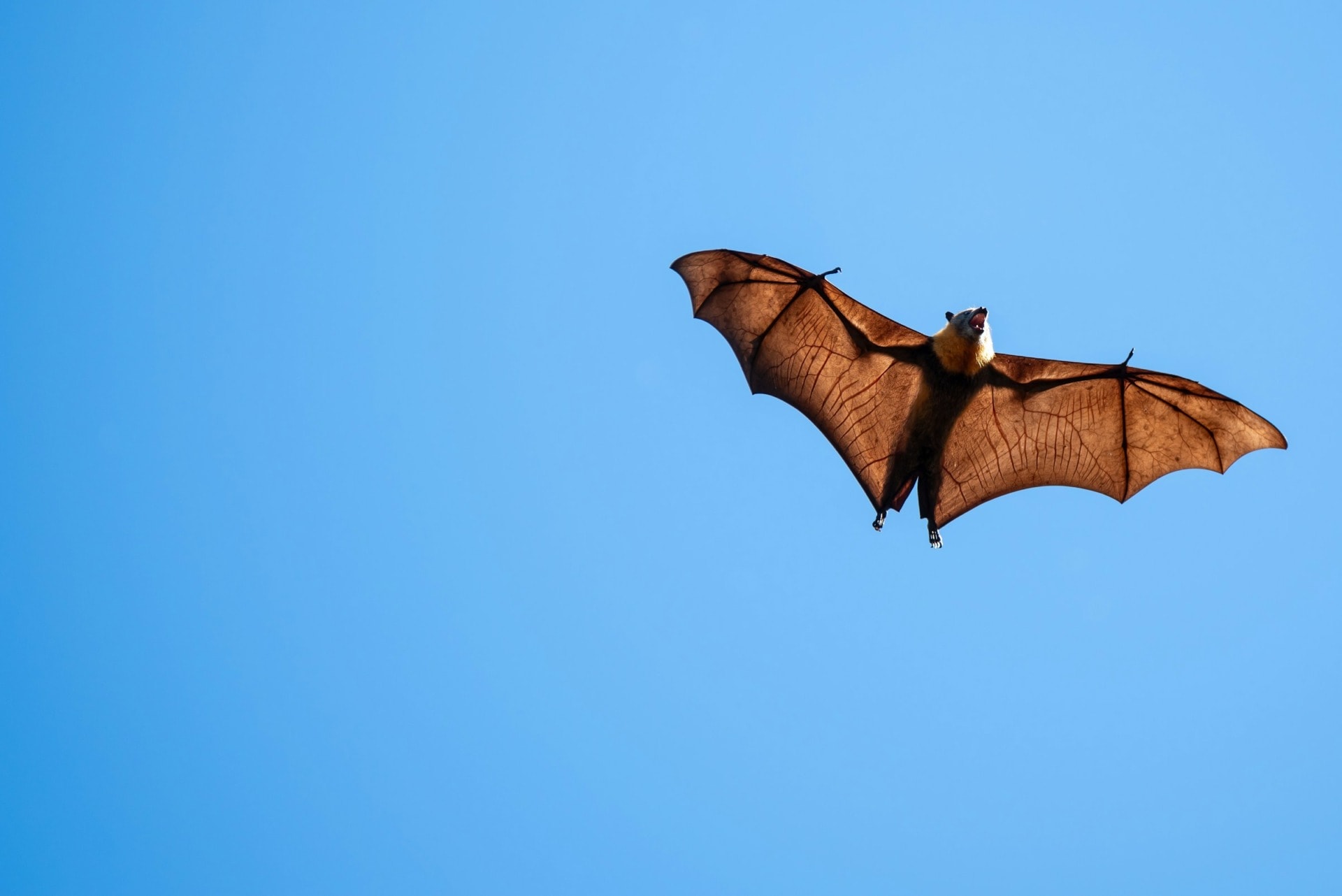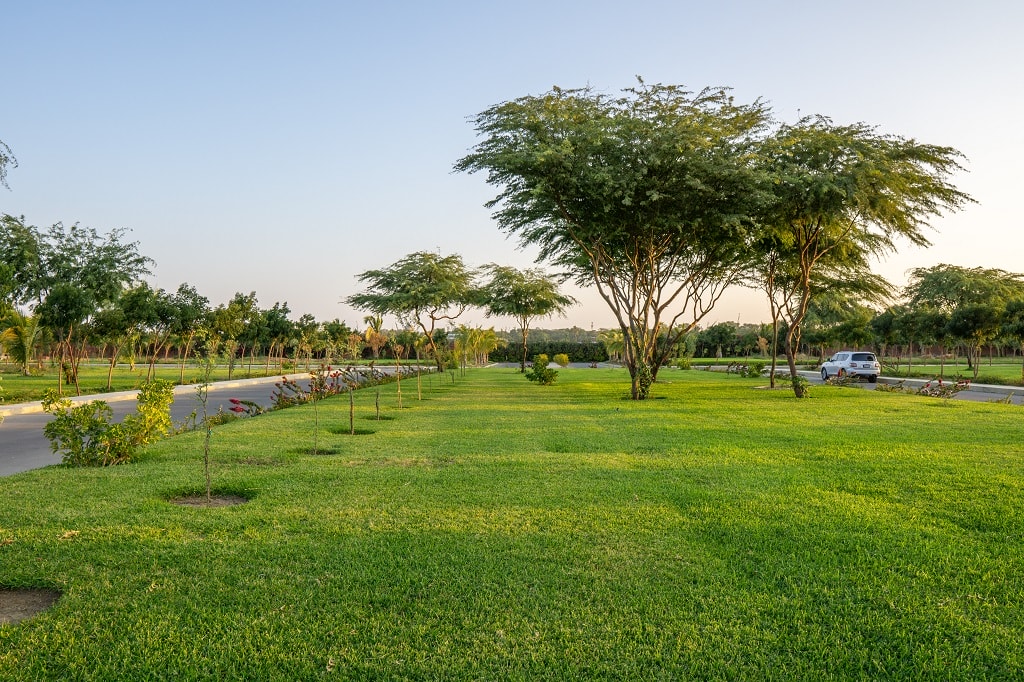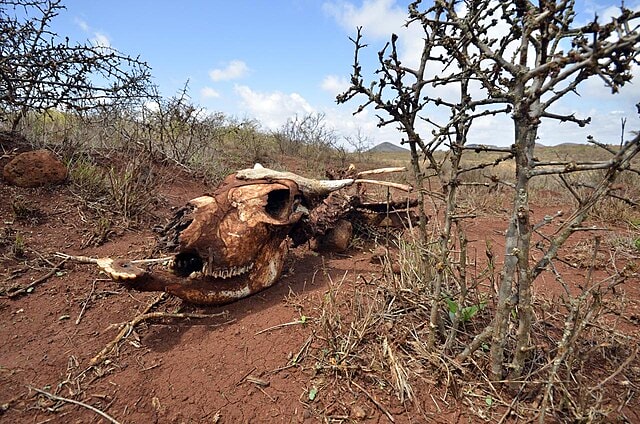This story on Lula da Silva’s COP27 pledges was originally published by the Guardian, and is republished here as part of Covering Climate Now, a global journalism collaboration strengthening coverage of the climate crisis.
President-elect Luiz Inácio Lula da Silva has told the world that “Brazil is back” at Cop27, vowing to begin undoing the environmental destruction seen under his far-right predecessor, Jair Bolsonaro, and work towards zero deforestation of the Amazon rainforest.
Followed by a carnival atmosphere wherever he went on Wednesday, Lula told the climate summit that his administration would go further than ever before on the environment by cracking down on illegal gold mining, logging and agricultural expansion, and restoring climate-critical ecosystems.
In his first big overseas speech since winning election, Lula said Brazil did not need to clear another hectare of rainforest to be a major agricultural producer, and he would use his presidency to demand that rich countries deliver on their promise of $100bn of climate finance for developing countries and to create a fund for loss and damage finance.
Punctuated by chants of “olé, olé, olé, ola, Lula, Lula”, the president-elect’s speech brought a much-needed feeling of hope to Cop27.
https://twitter.com/pgreenfielduk/status/1592806116215226368?s=20&t=dKj2z_LwcI7Vwm7eNgJV8A
Leading Brazilian environmental figures were always nearby, including climate the scientist Carlos Nobre whose studies warn the Amazon is close to crossing an irreversible tipping point, and the former environment minister Marina Silva who oversaw an enormous drop in deforestation during Lula’s first presidency.
“Today, I am here to say that Brazil is ready to join once again [the] effort to build a healthier planet. Brazil has just ended elections, one of the most decisive in its history. It was followed in an unprecedented way by other countries. It could help control the rise of the authoritarian right and climate deniers around the world,” Lula said.
Of the impact of the climate crisis, he said “nobody is safe”, detailing the consequences of global heating. “In the US, they live with tropical storms and more and more powerful hurricanes … In Brazil, which is a forest and hydrological power, we experienced drought and devastating floods. Europe faces extreme heat with fires and unprecedented deaths. And although it is the continent with the lowest greenhouse gas emissions, Africa has drought in Chad, Kenya and Somalia. I repeat: nobody is safe.”
In a speech that ranged from inequality to reform of the UN security council, Lula placed a lot of emphasis on building partnerships. He vowed to work with other Amazonian countries – including Peru, Colombia, Guyana and Venezuela – to work towards sustainable development in the region while also protecting key ecosystems, early in his presidency.
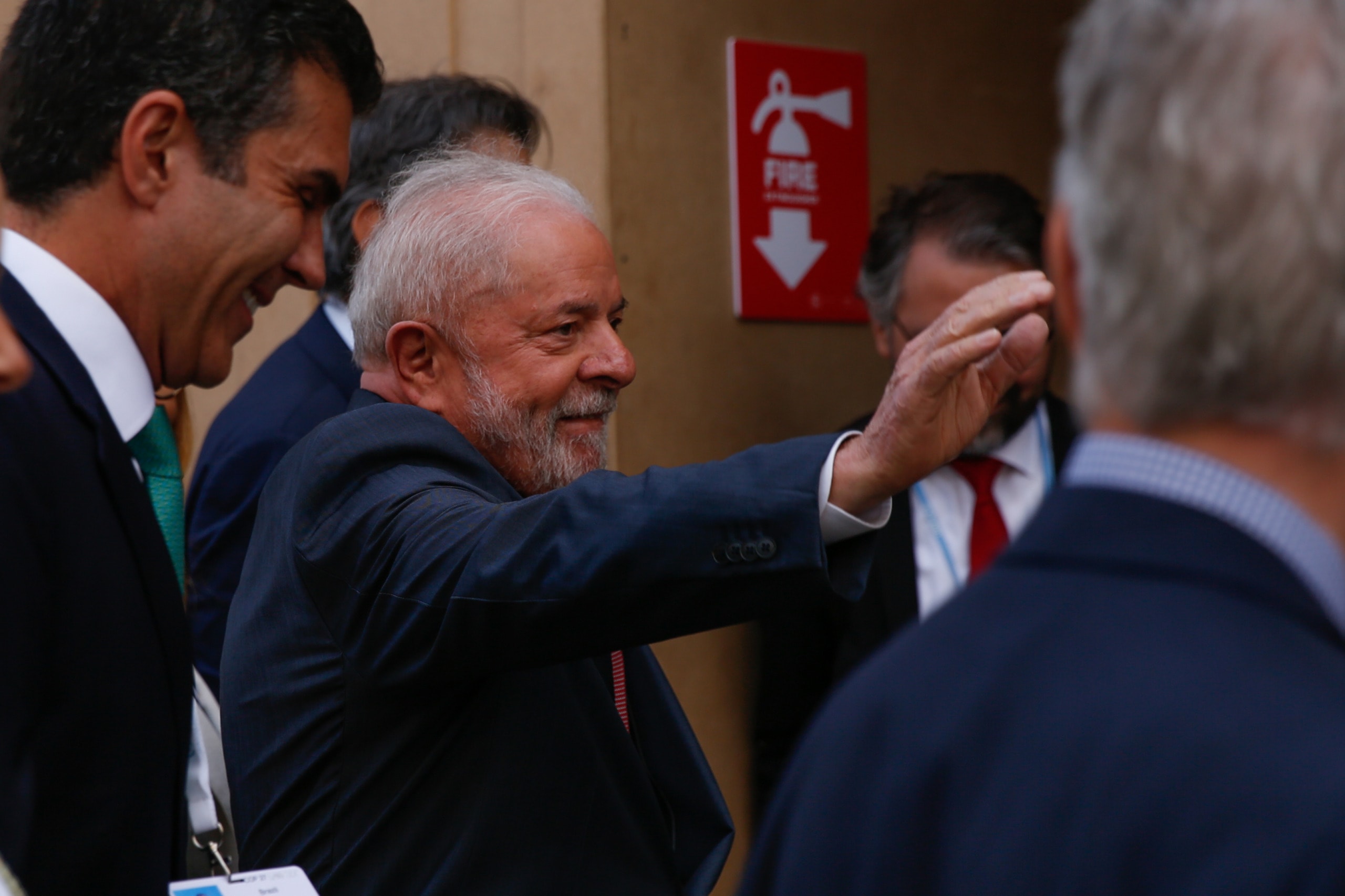
“There is no planetary security without a protected Amazon. We will do whatever it takes to have zero deforestation and degradations of our biomes. For this reason, I would like to announce that efforts to fight climate change will have the highest priority in my next government. We will prioritise the fight against deforestation of all of our biomes and reverse damage done in recent years by the previous government,” Lula said.
Around the world, he underscored Brazil’s new partnership with Indonesia and the Democratic Republic of the Congo – the big three rainforest nations – to work together on their conservation.
“The planet warns us at every moment that we need each other to survive. Alone we are vulnerable to the climate tragedy. Nevertheless we ignored these warnings … We have spent trillions of dollars that only result in destruction and death. We experience a moment where we have multiple problems: nuclear war, crisis of food supply, energy, erosion of biodiversity, inequality … These are hard times. But it was always in difficult times that humanity overcame challenges. We need more confidence,” he said.
“We need more resources for a problem that was created by rich countries but is disproportionally felt by the most vulnerable … I would like to remind you that rich countries said they would raise $100bn at Cop15 in Copenhagen to help the less developed countries to face climate change.
Related Articles: Brazil Elections: Lula Wins But Bolsonaro Is Yet to Concede | Brazil’s Forests Are Being Restored — Now We Can See Where
There were queues at the venue for Lula’s speech an hour before it began, and an overspill room was also packed. At a side event earlier that day, he said that Brazil should host Cop30 in 2030 in the Amazon in part to display its importance to the world.
The G20 communique lifted spirits at the Cop as it contained language on keeping to the 1.5C temperature limit and the need to address loss and damage, meaning the financial assistance needed for poor countries to respond to climate disaster – a key bone of contention.
The first official draft text of the “cover decision” of the Cop would come late on Wednesday night, the Egyptian climate envoy, Wael Aboulmagd, told journalists earlier in the day. Some delegations are worried that the time for consultation and reaction to the draft seems to have been compressed to about one day, compared with about two and a half days last year at Cop26 in Glasgow.
Most are expecting the cover decision – a discursive document running to several pages and describing a long series of resolutions and commitments on everything, from cutting emissions to funding adaptation measures – to be the key outcome of these talks. In it, they are hoping for affirmation that countries are still committed to vital goals, such as the 1.5C temperature limit, and phasing down coal.
But the Guardian understands that a few countries are still questioning whether a lengthy cover decision is even needed, which could delay its drafts even further.
In a sign that deep divisions remain on key issues, the Alliance of Small Island States, representing some of the most vulnerable countries, took aim at unnamed rich countries over loss and damage. Sir Molwyn Joseph, minister of health, wellness and the environment for Antigua and Barbuda, said: “Some developed countries are furiously trying to stall progress and, even worse, attempting to undermine small island developing states. Not only are they causing the worst impacts of the climate crisis, they are playing games with us in this multilateral process.”
Frans Timmermans, vice-president of the European Commission, said the EU was supportive of loss and damage but said some countries currently classed as developing were now prosperous enough to contribute to loss and damage funding.
He added that the proposal by some developing countries for a new loss and damage funding facility would hold up the delivery of finance, because it could take years to get started, whereas using existing institutions to deliver funding could be done faster. “Let’s start funding loss and damage now, because if it’s a [new] facility we all know it will take years,” he said.
Egypt has appointed pairs of ministers, one from a developed and one from a developing country, for each of the outstanding big issues, including loss and damage, climate finance, and adaptation, in an effort to move negotiations faster.
Editor’s Note: The opinions expressed here by the authors are their own, not those of Impakter.com — In the Featured Photo: Brazilian President Luiz Inácio Lula da Silva arrives at COP27 in Sharm El-Sheikh, Egypt. Featured Photo Credit: UN Climate Change.


